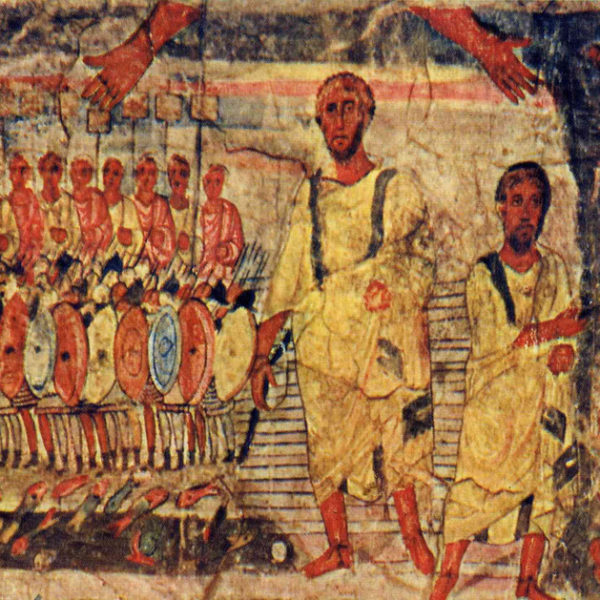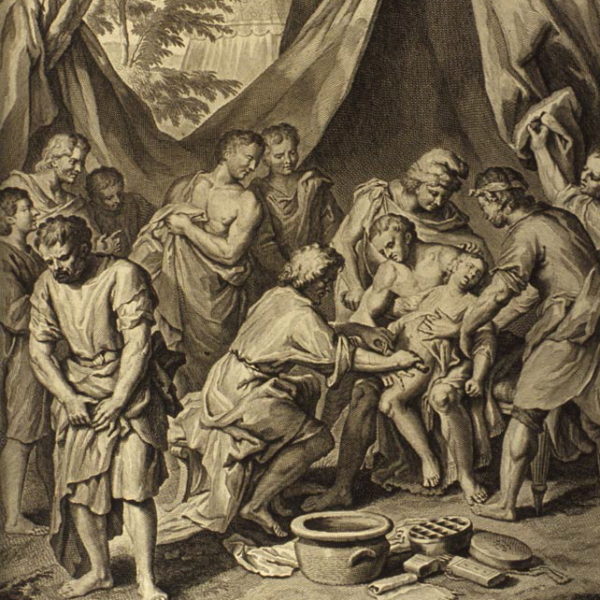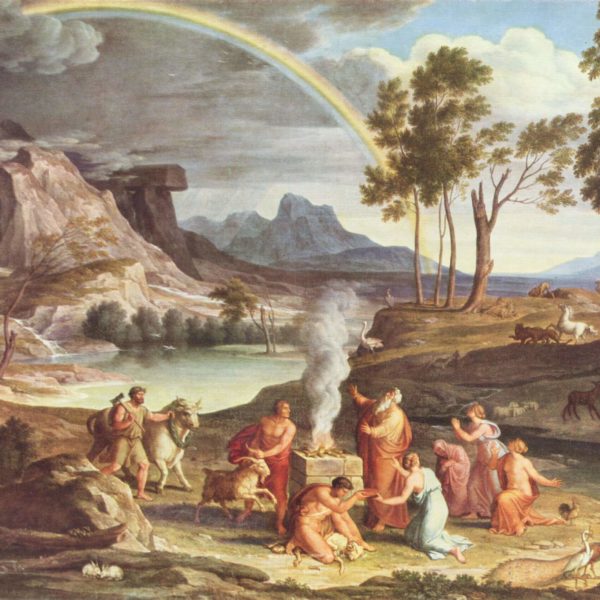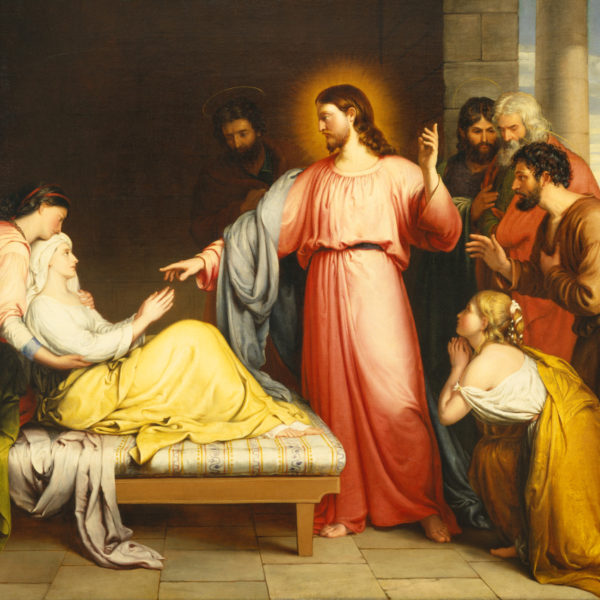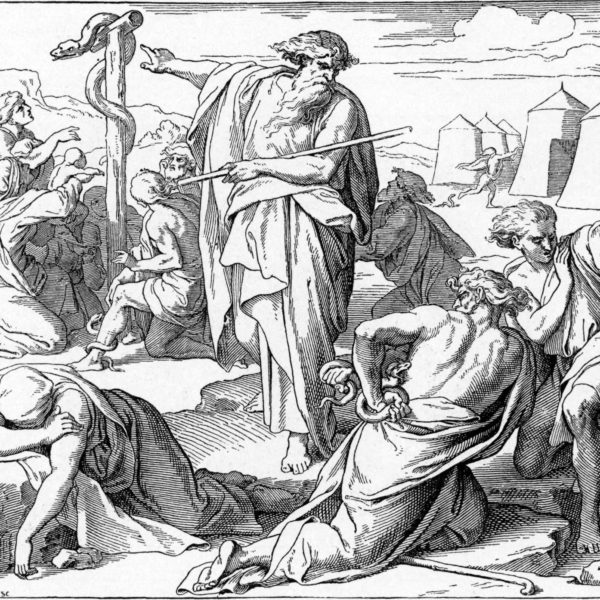
Although it is typically read as a passage about individual salvation and enjoyment of the life hereafter, read more closely, John 3:14-21 profoundly demonstrates that the elevation of Jesus on the cross confronts us with our own rejection of God’s gracious provision, our stubborn refusal to accept God’s way, and the radical, communal reckoning that leads to the fullness of life.
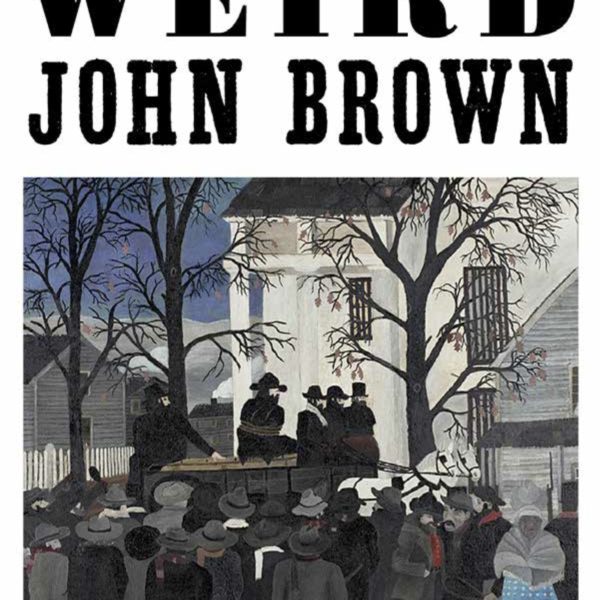
Johannes de Silentio admits that “Abraham I cannot understand, in a certain sense there is nothing I can learn from him but astonishment.” Can we say the same about John Brown? Smith clearly wants us to learn from him and from what happened at Harpers Ferry, not to mention what happened six weeks later. But it is a curious sort of learning, since Brown’s exceptional status — like Smith’s subtitle — acknowledges the limits of ethics in making sense of the violence enacted by, and on, such a singular figure.

Ted Smith delivers an unprecedented thesis about Brown’s violent assault on slaveholders as the human side of a “divine violence.” From beyond the limits of any earthly system of political justice and social ethics, this is a divine judgment against the validity of an entire system of political ethics. Addressed, for one, to American ethicists today — both those who teach and study in the university and those who voice their ethical judgments on street corners, in churches, and across the Sunday dinner table — Smith’s words, while gently spoken, deliver their own report of divine judgment.

A bishop recently said that 90% of the homilies he has ever heard can be boiled down to two words: “Try harder.” Of all the things that Ted Smith’s book does well, the most compelling for me is his attempt to critique the ethical confines to which reflection on politics and violence — along with so much else — is often limited.

In conjunction with the Marginalia (part of the LA Review of Books), Political Theology Today has organized a symposium on Ted Smith’s extraordinary new book Weird John Brown: Divine Violence and the Limits of Ethics. Over the coming two and a half weeks, we will host responses to the book from E. Brooks Holifield, William Cavanaugh, Peter Ochs, Keri Day, and Andrew Murphy, concluding with a response to the responses by author Ted Smith. Here is the first response, from E. Brooks Holifield of Emory University.
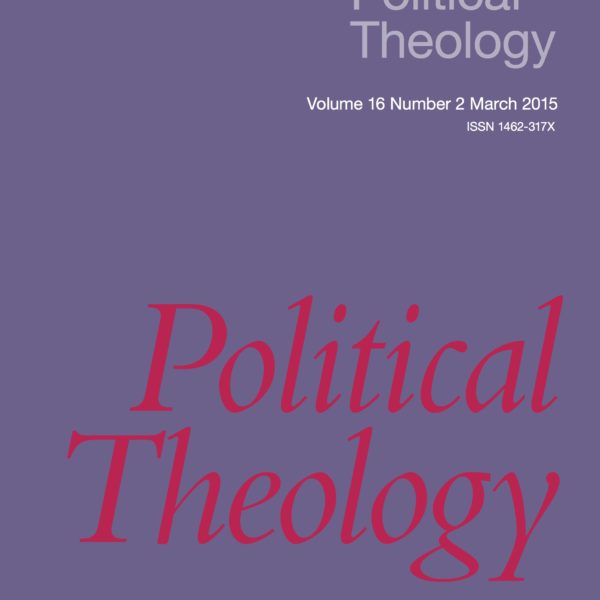
I would not shoe-horn the following contributions into the terms of the remarks posted yesterday, yet there is a familial space where kindred concerns find different expression with these authors. Christoph Schmidt focuses on Rene Girard’s defense of Christianity in encounter with Nietzsche in terms of Nietzsche’s antithesis between Christ and Dionysius. Girard identifies this as the antithesis of modernity as such.
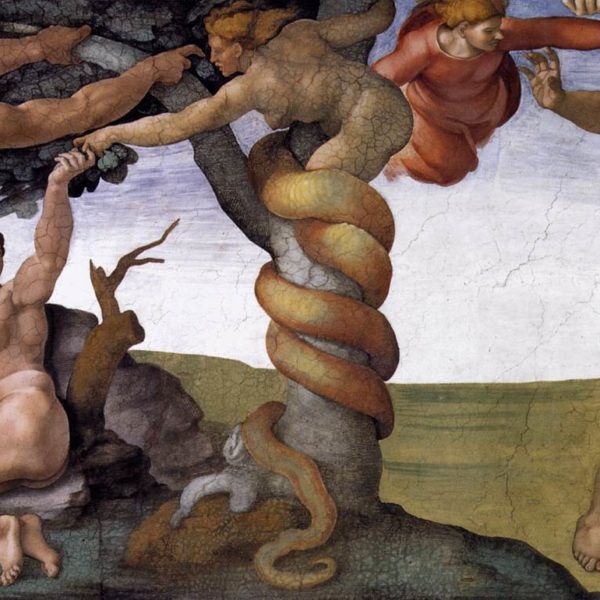
William Desmond (Institute of Philosophy, KU-Leuven, and Department of Philosophy, Villanova University) introduces the latest issue of Political Theology (guest-edited by Péter Losonczi), which is devoted to the theme, “Evil and Political Theology.” His lengthy introductory essay appears here in two parts, first introducing the theme in general, and tomorrow introducing some of the particular contributions.
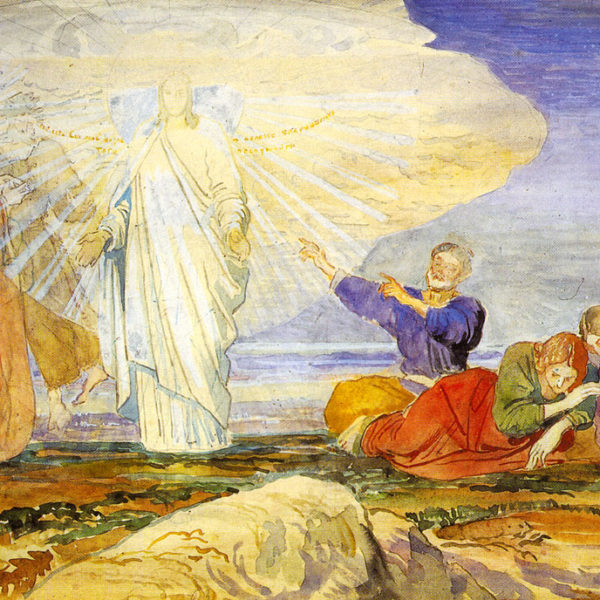
In the narrative of Mark’s gospel, Jesus’ journey to his cross in Jerusalem is interrupted by the incredible event of his Transfiguration. Peter’s rush to speech is characteristic of our frequent over-reliance upon words to process and respond to things that demand our silence and our wonder.
